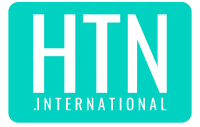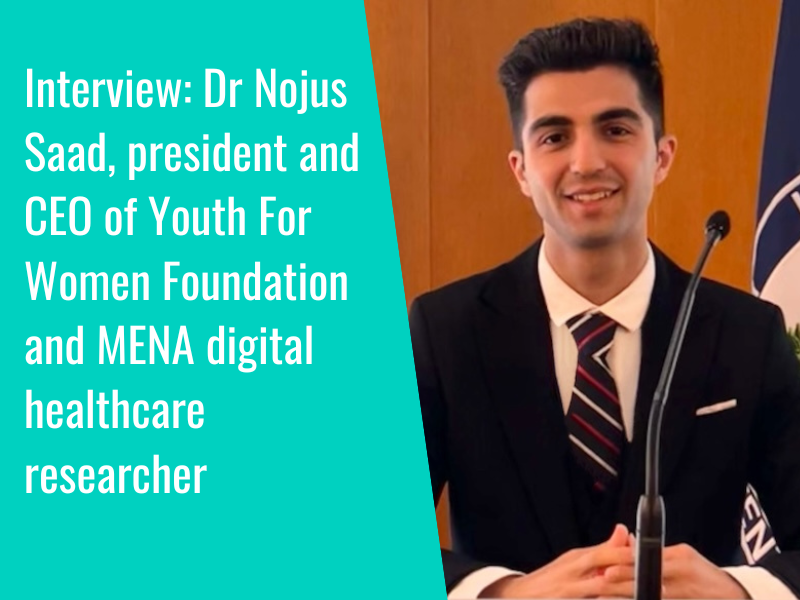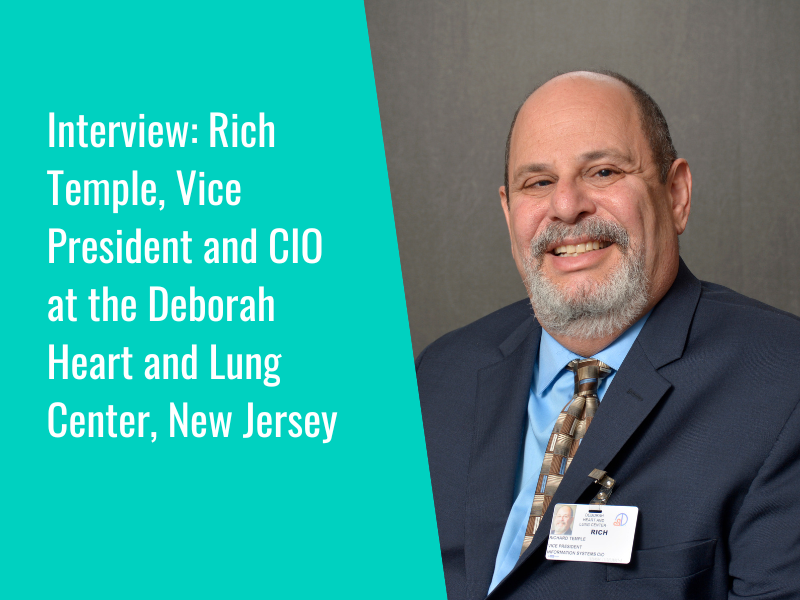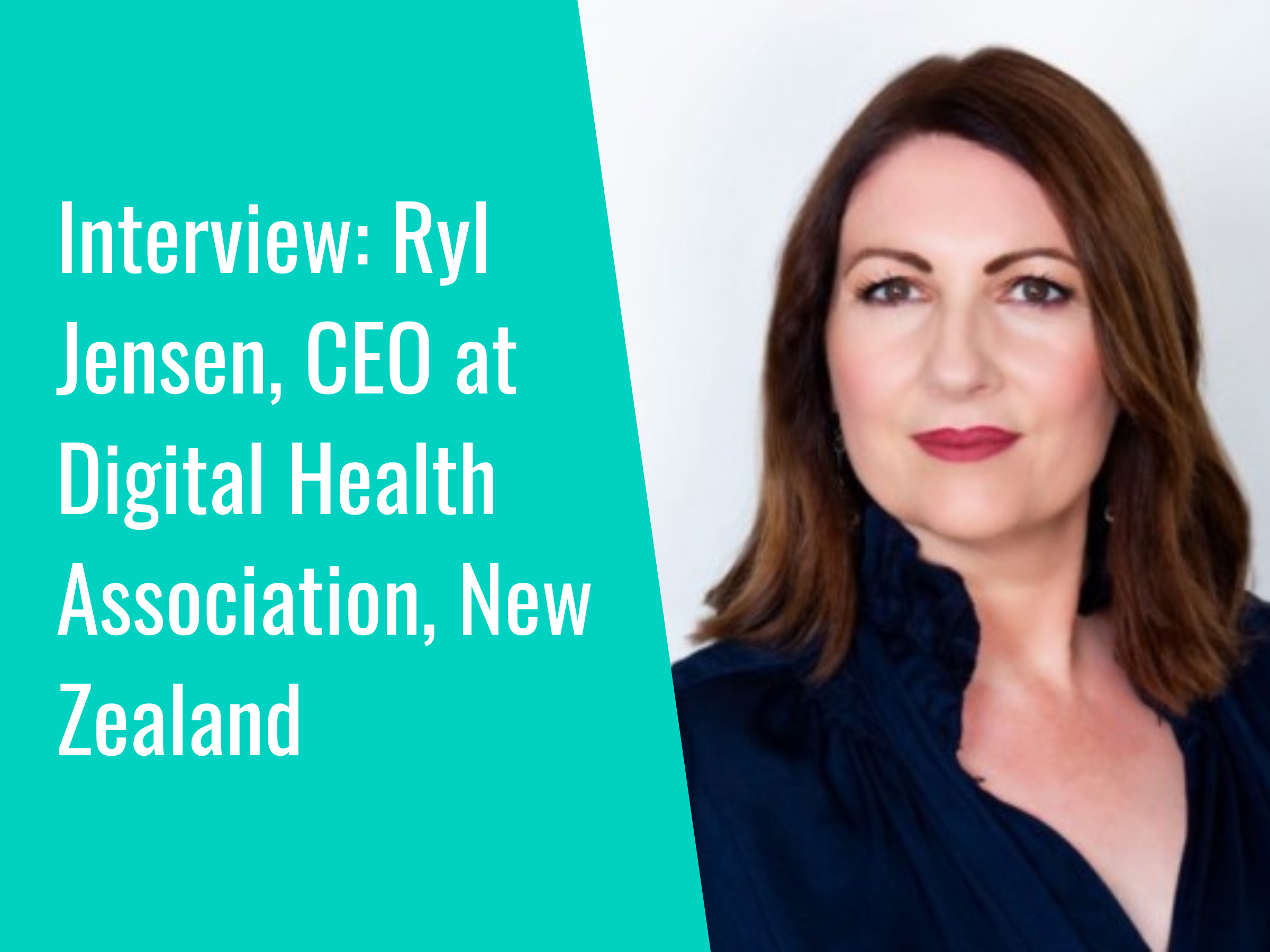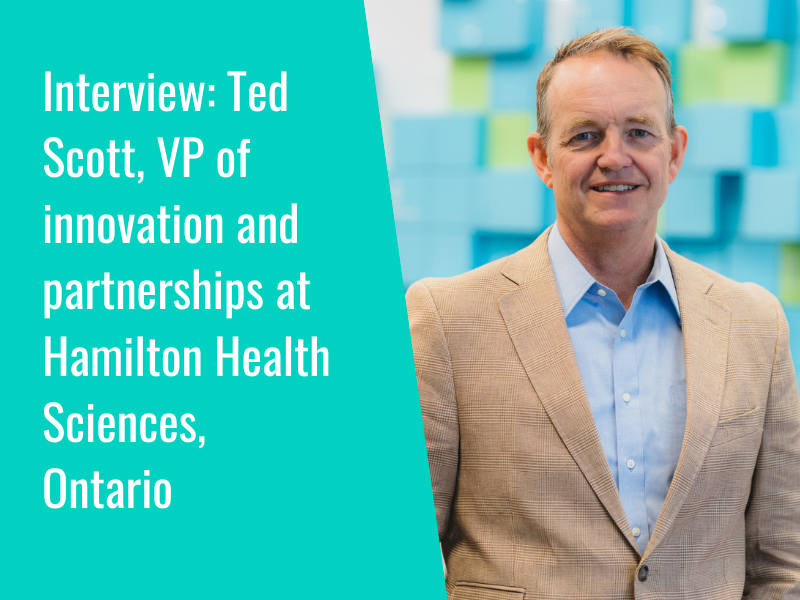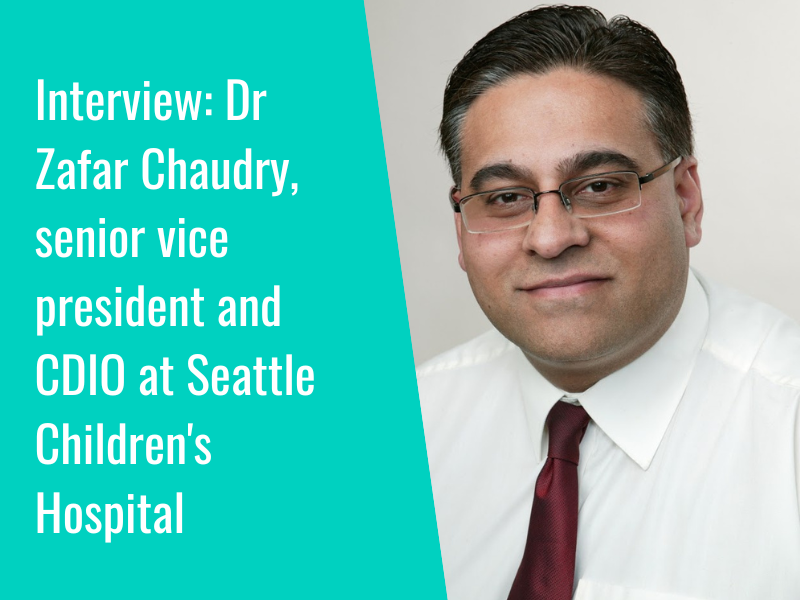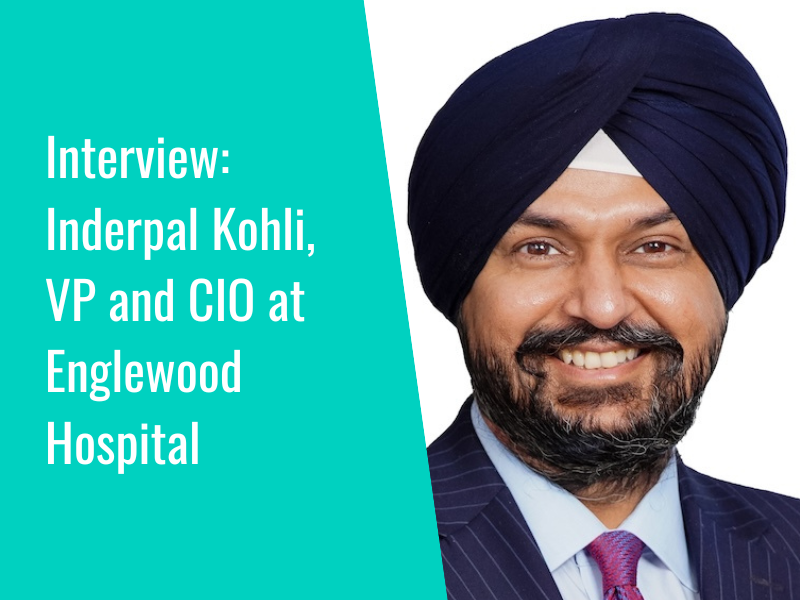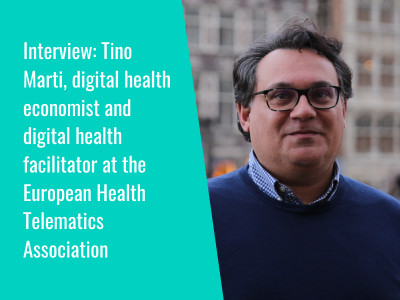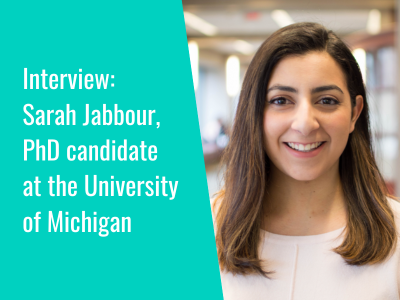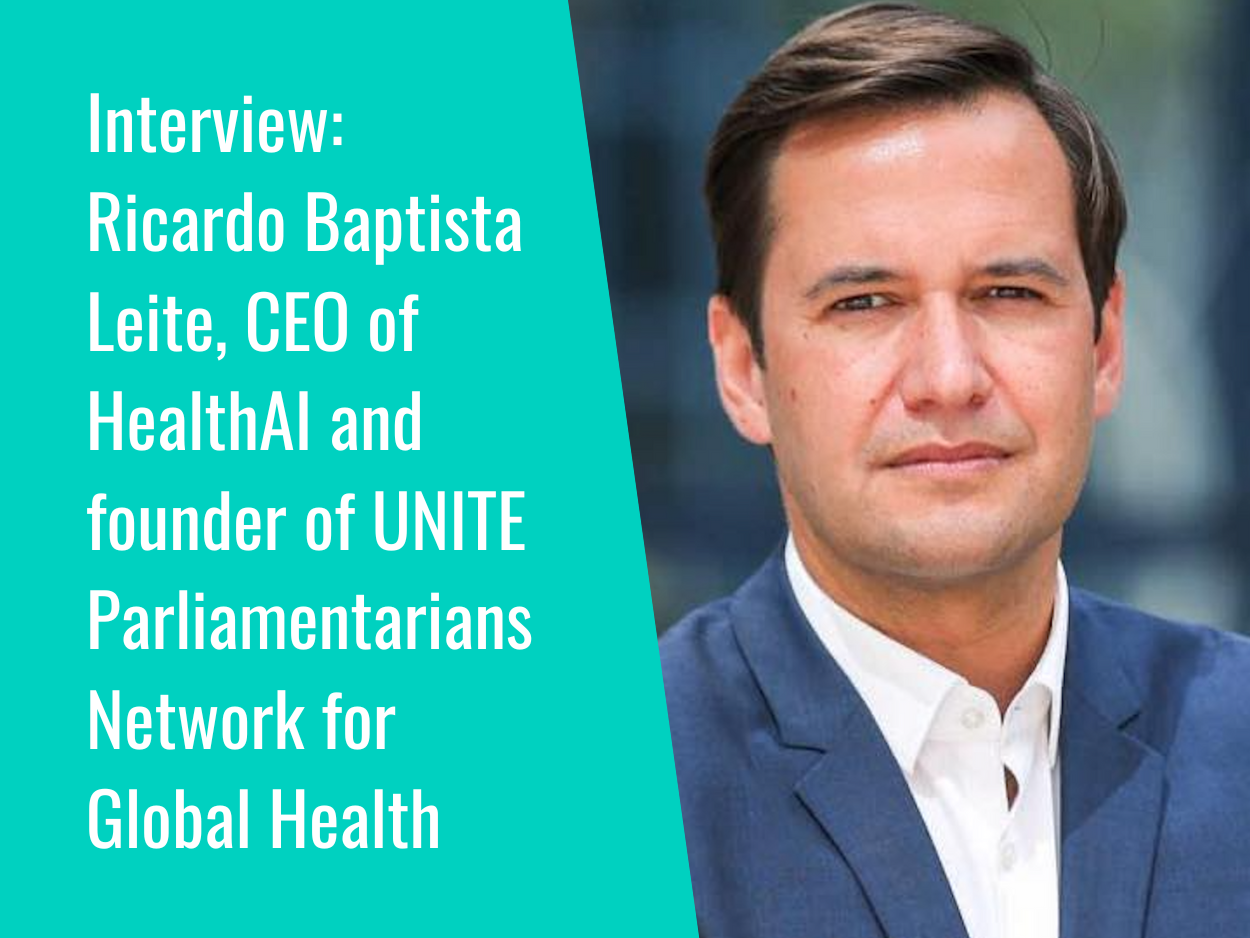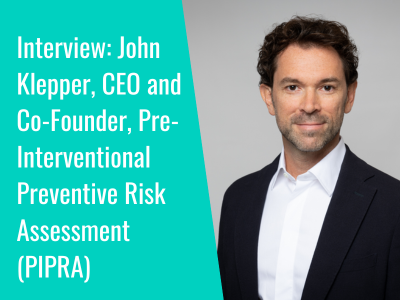This week, we spoke with Dr Hugo Madeira, dentist and head of surgery at Hugo Madeira dentistry clinic in Lisbon, Portugal. Hugo shared with us how his clinic is utilising digital and tech to improve patient care and enhance treatment.
We asked Hugo whether he could start out by telling us a little bit about himself and his background.
I’m a dentist; I graduated in Lisbon, before moving on to a specialisation in oral rehabilitation and implantology. Then I did a lot of training all over the world. I joined several dental or dentist communities like Digital Smile Design, and I opened my first clinic 15 years ago here in Lisbon.
I was finding dentistry very sad, very cold in a sense. I needed to have a clinic with my identity, my personality, where I could take care of patients as I would like a dentist to take care of me. So, based on those points, I created my own universe where I could deliver the best dentistry, making use of cutting-edge innovations and technology.
It started with the aim of creating something different, and it grew like a family. I picked my best friends in the industry, the ones that inspired me the most, and I started to create a team. At the beginning, we were four; nowadays we are 21 dentists and five hygienists, and we have a building in the centre of Lisbon.
What kinds of tech are in use at the clinic and how?
I try to support my activity with as much tech as I can. I want to deliver the best service, and for that I need the best tools.
We use tech for diagnostics, treatments, X-rays, and all the exams that we can do. We have digital design tools in order to help us with our projects – with digital smile designs and designing surgeries, for example.
We also have a dental lab, where we receive all the files that we made in the first part of the diagnostics. Then we design everything – we project our patients in a lab, like creating a digital patient which we can study across all our departments. After that, we produce our prostheses, our orthodontic aligners and so on.
How does tech help you to meet the needs of patients?
I think if I can have more accuracy, more precision, if I can get more what the patient wants and minimise mistakes, that’s where tech can make me a better professional.
In some places, it can help to fill in the connection between the patient and the doctor. Sometimes there is a gap; for example we might have a diagnostic where we have different treatment plans or different diagnostics, because at the end of the day we are all human beings and we have different eyes when looking at issues and how to tackle them. I might do some diagnostics differently compared to my colleague, but in the end the patient has the same clinical situation. There needs to be something in the middle that helps us to make a mutual diagnostics decision, and that’s where tech can come in. It helps our eyes converge in the same point. I really think tech can make this gap smaller, and lead to less variation in diagnostics and treatment plans.
What is the outcome of this, overall?
My examples of achievements are the smiles of my patients. When I can really see that I’m going in the right way is when I’m performing surgeries – the fact that technology can help me to project them, to create that digital patient and study them before I have even met them in person, is so useful.
Also, due to this use of tech, my surgery is minimally invasive. It’s shorter in time, and better in patient recovery and results. Results are much more natural, the tissues’ adaptations are so good, and the patient satisfaction is even better. I think tech in this case is helping us create more natural smiles.
What about the key challenges in this digital health space – how are you and your team tackling them?
In my opinion, when we talk about tech in healthcare or in dentistry – we have to realise that we are dealing with doctors, and often doctors can be quite resistant to change. I do think this for sure will change, and we are part of this game. As a doctor, we cannot resist evidence anymore. The world is showing dentists and doctors that tech is making us better professionals every day.
Also, I realise that the investment in all these softwares and devices is not affordable to everyone. Sometimes the biggest challenge is making things more user-friendly, because sometimes we have different platforms, different softwares, different devices, and we need to buy everything separately to be able to have a complete workflow. Having platforms which could group everything in would be interesting to me.
Digital health in Portugal
I would say Portugal is more or less in the middle when it comes to digital health. It could be a bit more digitalised; our patient information could be shared more so we could improve our understanding of patients across the different specialists and the different hospitals. That would help patients in terms of being secure in the knowledge that they have their file, access to all their exams, and to their own clinical story.
But we are on the way to it. I think dentistry is a bit more advanced than normal healthcare. In Portugal it’s very good, and most of our professionals use some kind of tech devices and they understand that tech, AI, digital, is something that is coming up and they should be aware of.
Any opportunities for tech in dentistry that haven’t quite come to fruition yet?
So many. To build platforms that can reunite different kinds of concepts is a key one for me. For example, in dentistry, you could build a platform where we can have our ‘universe’; where we can have our exams, our X-rays, it can help us reading the X-ray, and it can tell us that there is a problem. That would help us to ameliorate our diagnostics, and after we can directly define our plan, our projects, do all the workflow. It would help with communicating with patients and it could store information, project when needed, and keep all the other data on file. I think platforms could work with the apps that we have in our phone, that can join different dynamics in the process.
Where would you like to see digital health in Portugal in five years’ time?
In five years, this concept of the virtual patient is going to be more open to everyone. We can share all the information, we can view and interact ourselves in another dimension. If we imagine ourselves as patients – if I wanted to change my smile, I want to see it first. I want to try to manage my expectations. Ultimately, I think tech can help people to make better choices.
Tech can really connect patients and doctors in the dentistry space; and can make patients trust more in their doctors, and doctors trust more in themselves.
We’d like to take this opportunity to thank Hugo and his team for taking the time to chat to us on this topic.
- 1
- 2
